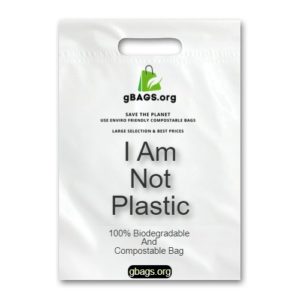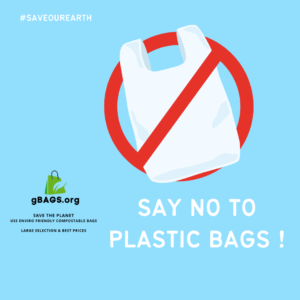Read all FAQs here

How can I dispose of a damaged eco-friendly bag?
Disposing of a damaged eco-friendly bag is a straightforward process that aligns with our commitment to environmentally responsible practices. Many of our bags are made

Are your bags machine washable?
Yes, many of our eco-friendly bags are designed to be machine washable, providing a convenient and easy way to keep them clean and ready for

Do you offer customizable eco-friendly bags?
Yes, we offer a customization option for our eco-friendly bags, allowing you to add a personal touch or promote your brand’s commitment to sustainability. Our

Are your bags suitable for grocery shopping?
Yes, our eco-friendly bags are not only suitable for grocery shopping but are also designed with the specific needs of shoppers in mind. We understand

How many times can I reuse these bags?
The durability of our eco-friendly bags is a key feature that sets them apart from traditional plastic bags. On average, our bags are designed to

What materials are used in your eco-friendly bags?
At gbags.org, we are dedicated to offering a diverse range of eco-friendly bags crafted from responsibly sourced materials. Our bags are primarily made from natural

Why should I choose eco-friendly bags over plastic bags?
Choosing eco-friendly bags over plastic bags is a conscious decision that significantly contributes to environmental preservation. Plastic bags have become a major environmental issue due
How can governments and policymakers collaborate to tackle the problem of single-use plastic on a global scale?
Governments and policymakers can collaborate at the national and international levels to address single-use plastic pollution. They can introduce and enforce legislation to reduce or
What is the role of corporations and businesses in addressing the issue of single-use plastics?
Corporations and businesses play a crucial role in addressing the single-use plastic issue. They can adopt more sustainable packaging practices, use eco-friendly materials, and invest
How do single-use plastics contribute to microplastic pollution and its effects on human health?
Single-use plastics break down into smaller pieces called microplastics through weathering and degradation. These microplastics can be found in the air, soil, and water, including
What are the challenges and barriers to implementing policies against single-use plastics?
Implementing policies against single-use plastics can face various challenges. Resistance from plastic manufacturers and industries reliant on single-use plastics is a common barrier. Additionally, consumer
What are some successful case studies or examples of countries or regions that have effectively reduced single-use plastic usage?
Several countries and regions have taken successful steps to reduce single-use plastic usage. For example, Rwanda has banned plastic bags entirely, significantly reducing plastic litter.
How can individuals reduce their consumption of single-use plastic in their daily lives?
Individuals can make several lifestyle changes to reduce their single-use plastic consumption. These include using reusable bags, water bottles, and coffee cups, avoiding plastic straws,
What are the economic implications of reducing or banning single-use plastics?
Reducing or banning single-use plastics can have both positive and negative economic impacts. On one hand, it may lead to increased demand for alternative products,
What are the alternatives to single-use plastic products?
Various alternatives to single-use plastics are available. These include reusable shopping bags made from cloth or other sustainable materials, stainless steel or glass water bottles,
How does single-use plastic impact marine life and ocean ecosystems?
Single-use plastics are a major contributor to marine pollution. When improperly disposed of or littered, they often find their way into rivers and oceans. Marine
What is single-use plastic, and why is it a concern for the environment?
Single-use plastic refers to disposable items made from plastic that are intended to be used once and then discarded. These items include plastic bags, straws,
